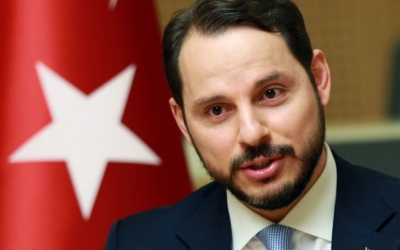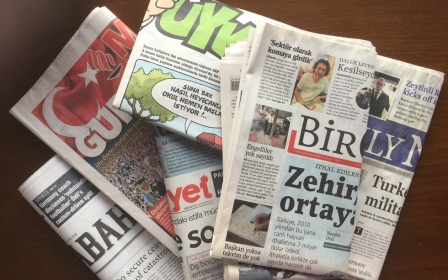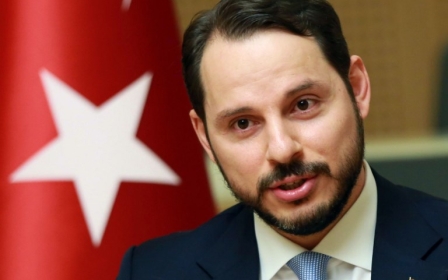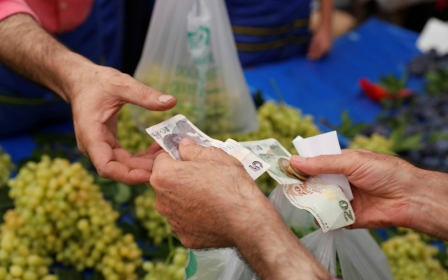Turkey slashes key interest rate again in bid to stimulate economy
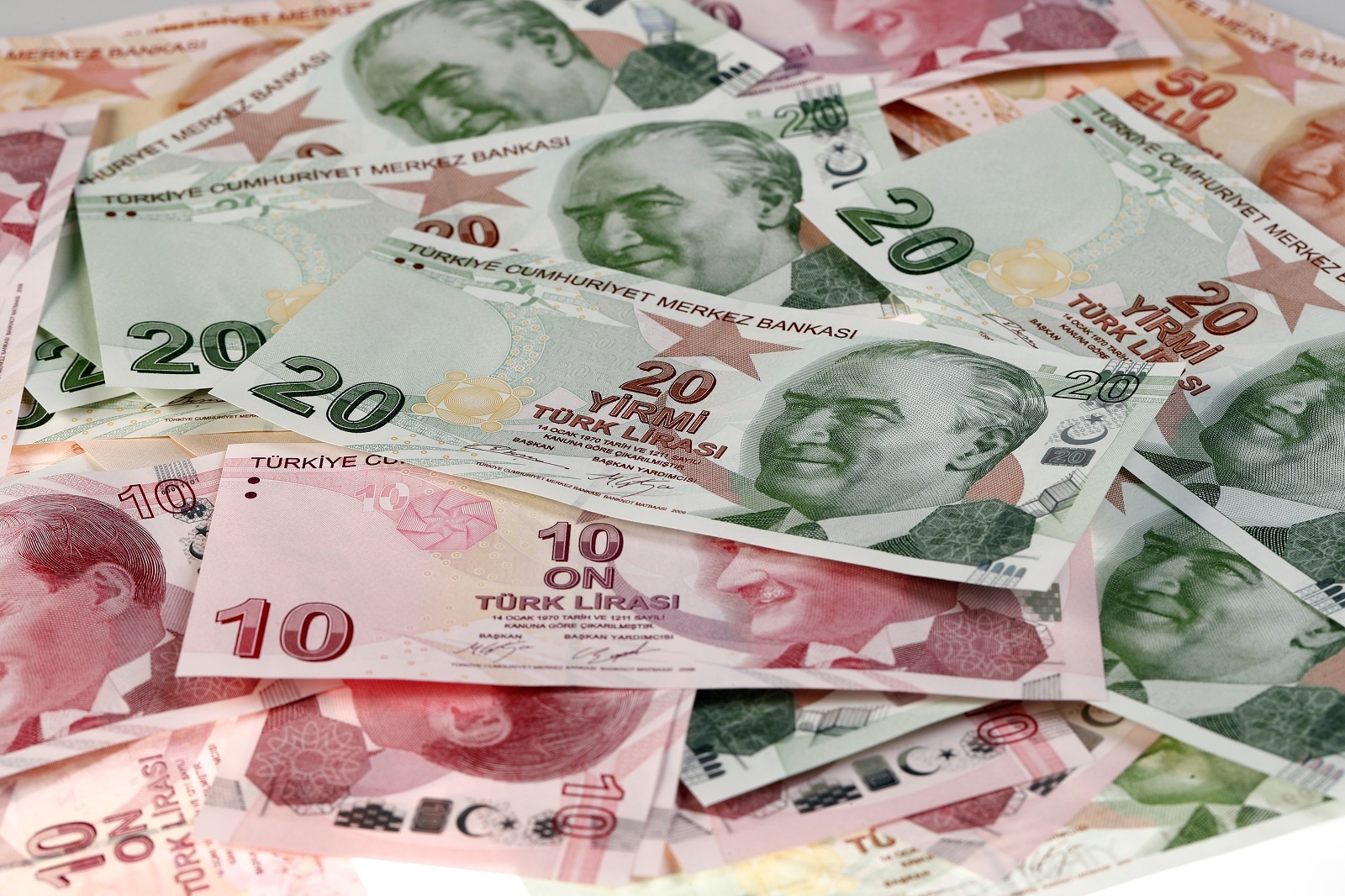
Turkey's central bank on Thursday slashed its main interest rate by 3.25 percentage points, the second cut in three months after President Recep Tayyip Erdogan said he was "allergic" to high rates.
The bank said the one-week repo rate - the rate at which the central bank lends money to commercial banks - had been cut to 16.5 percent from 19.75 percent, after a bigger cut in July of 4.25 percentage points.
The Bloomberg consensus, a poll of 31 analysts, had predicted a cut of 2.75 percentage points.
Cutting interest rates lowers the cost of borrowing and increases the money supply in the economy, which typically encourages consumers and businesses to spend and invest more.
The Turkish lira was at 5.68 to the US dollar after the central bank's announcement, a rise of over 1.1 percent in value.
Erdogan said he was "allergic to... high interest rates" last week, as he stuck to his unorthodox position that high rates cause high inflation - the opposite of the standard view held by economists.
Governor fired
In July, Erdogan sacked central bank governor Murat Cetinkaya, allegedly after he clashed with the government over reducing rates.
In a boost to the president, the markets shrugged off July's rate cut and inflation in August dropped from 16.65 to 15.01 percent - a 15-month low - according to official figures published last week.
In the statement accompanying its decision, the bank said the "inflation outlook continued to improve" and that the "moderate recovery in economic activity" continued.
The European Central Bank (ECB) also cut interest rates by 0.1 percent on Thursday to minus 0.5 percent and said it would start open-ended bond purchases, known as quantitative easing, after ECB President Mario Draghi made a final run at reflating the euro-area economy.
The move was immediately criticised by US President Donald Trump, who took to Twitter to accuse the ECB of weakening the euro against the US dollar.
In common with Erdogan, Trump has repeatedly urged the US Federal Reserve, the US equivalent of a central bank, to cut interest rates in a bid to stimulate economic activity.
Turkey's Monetary Policy Committee, which sets the interest rate, is due to meet again on 24 October.
Middle East Eye delivers independent and unrivalled coverage and analysis of the Middle East, North Africa and beyond. To learn more about republishing this content and the associated fees, please fill out this form. More about MEE can be found here.


